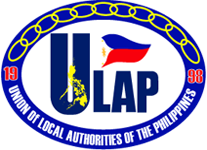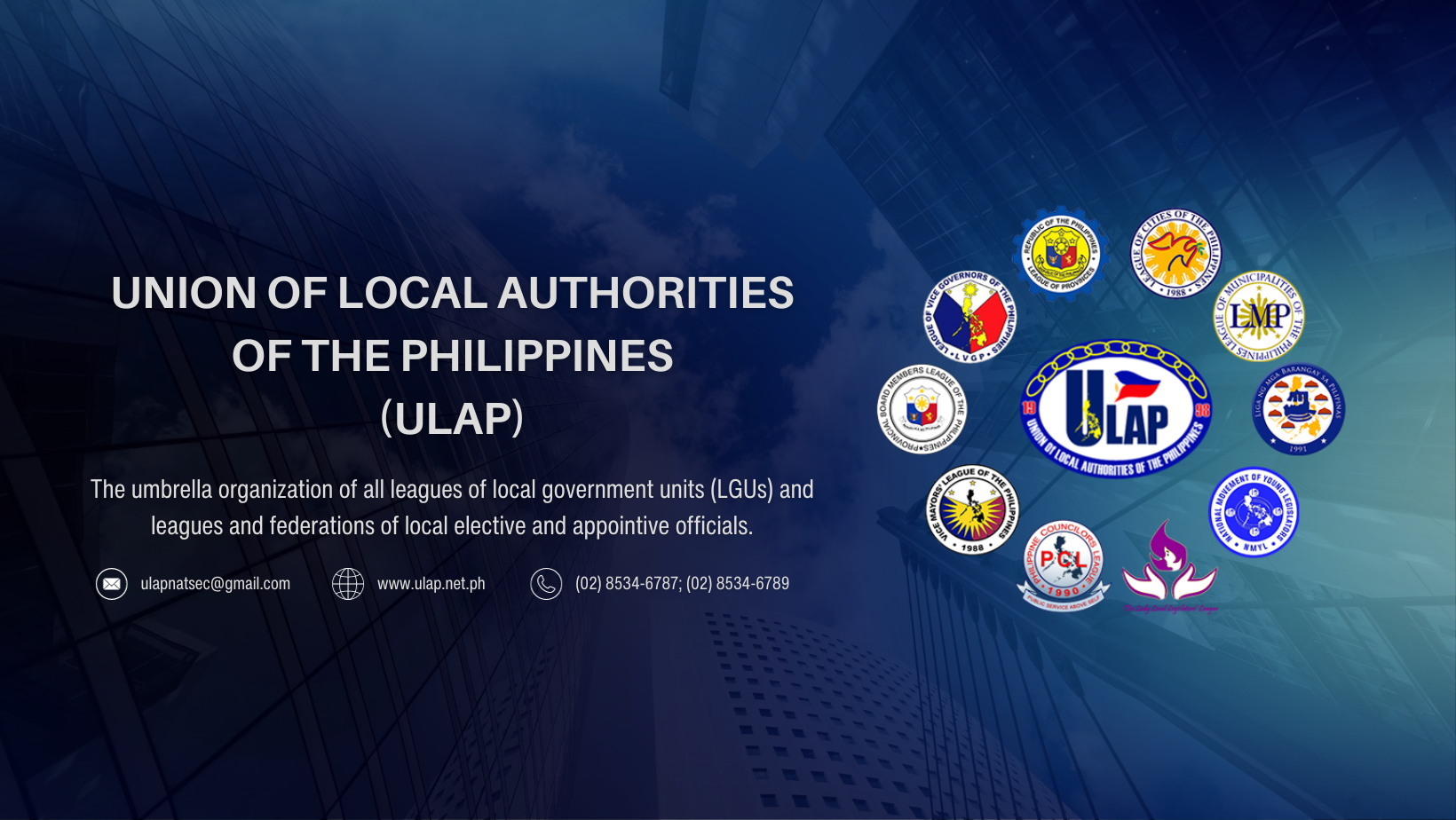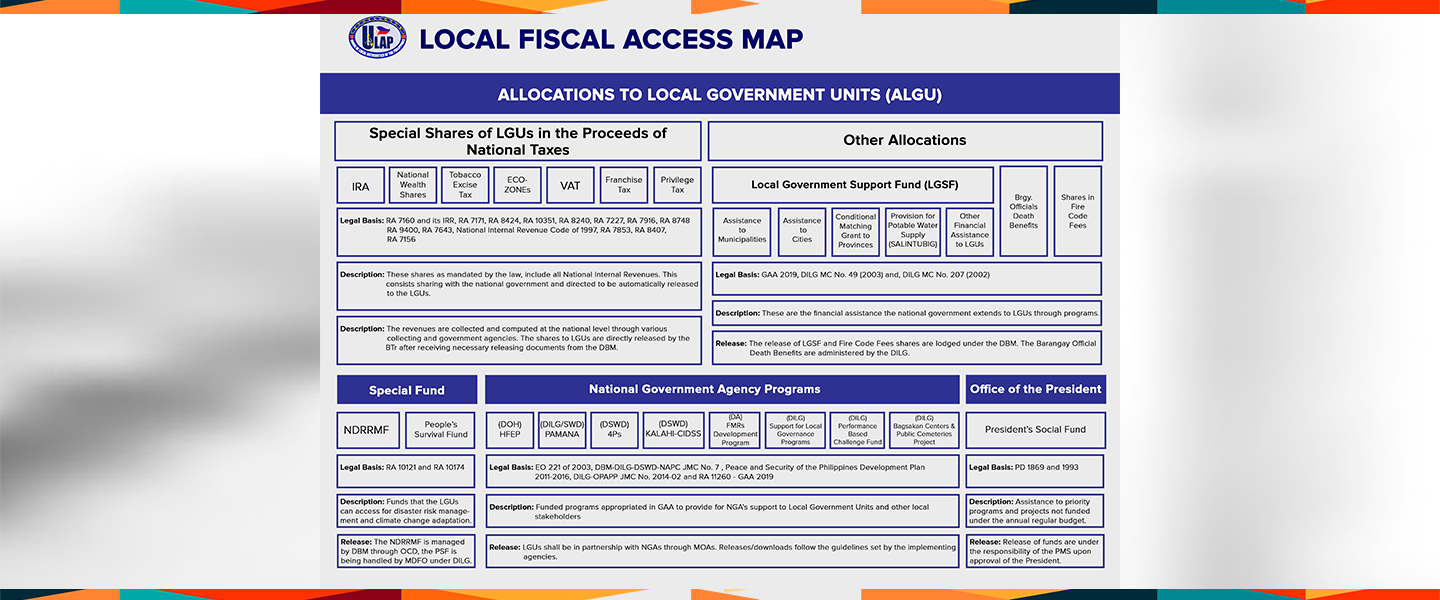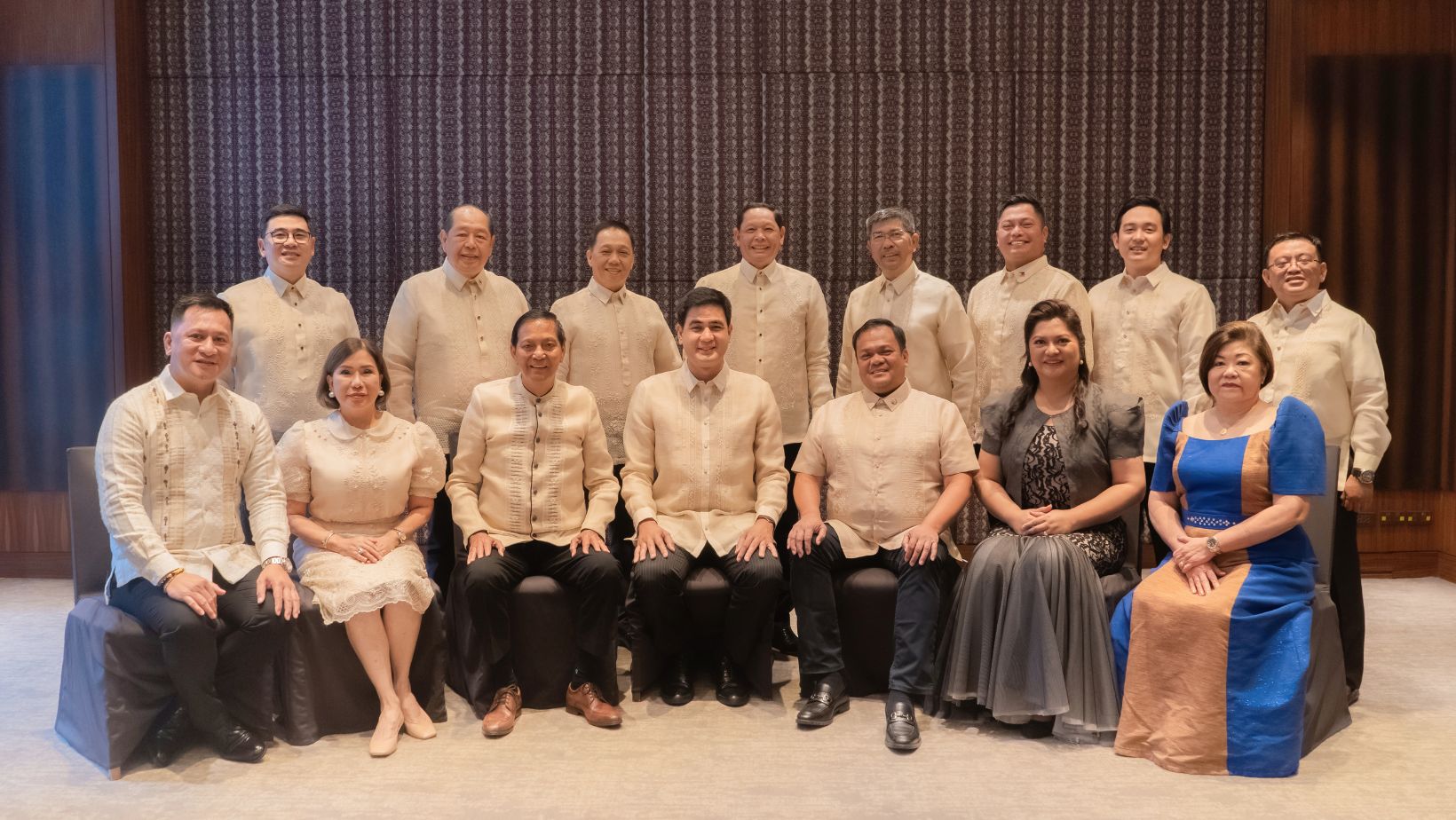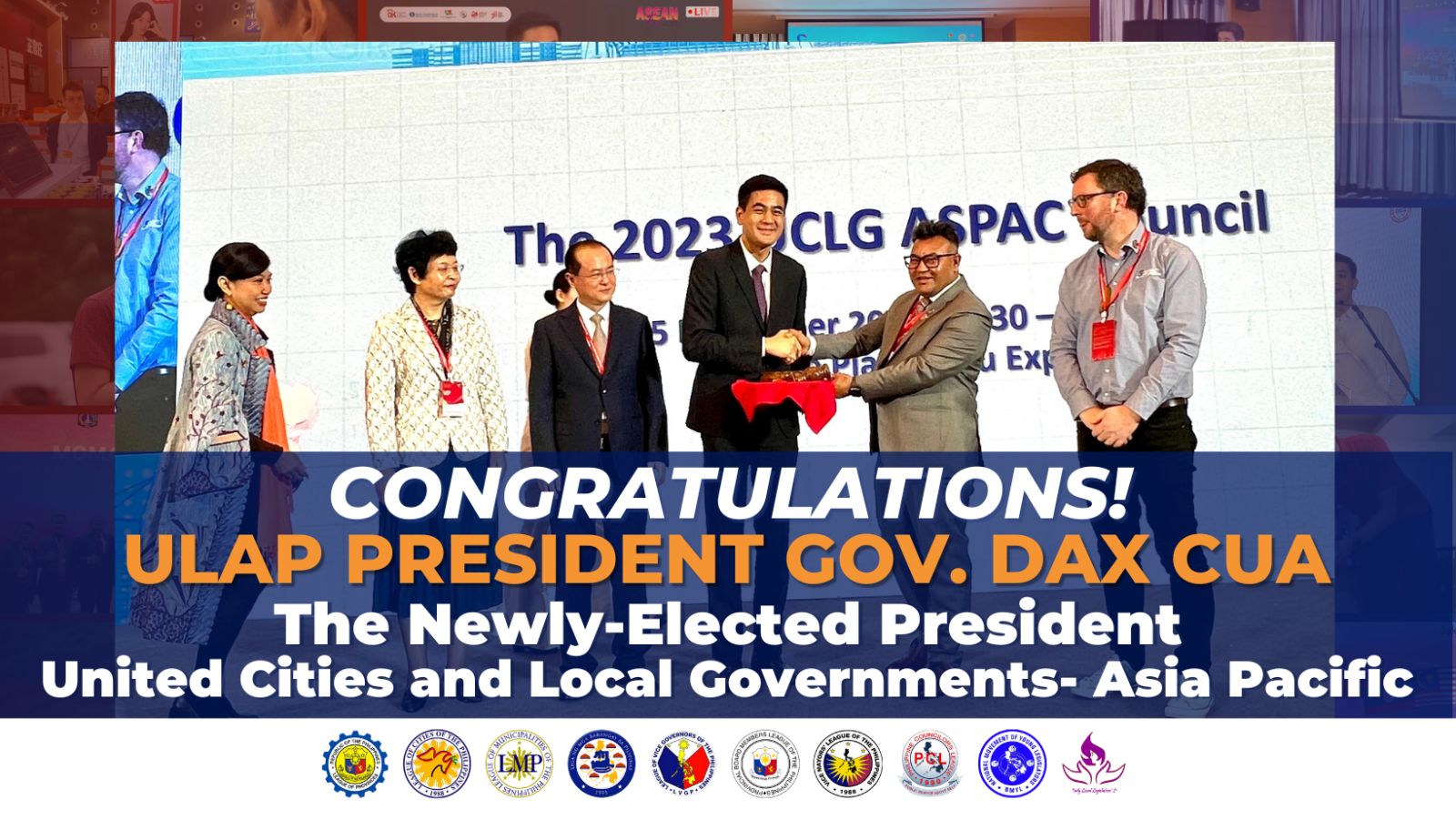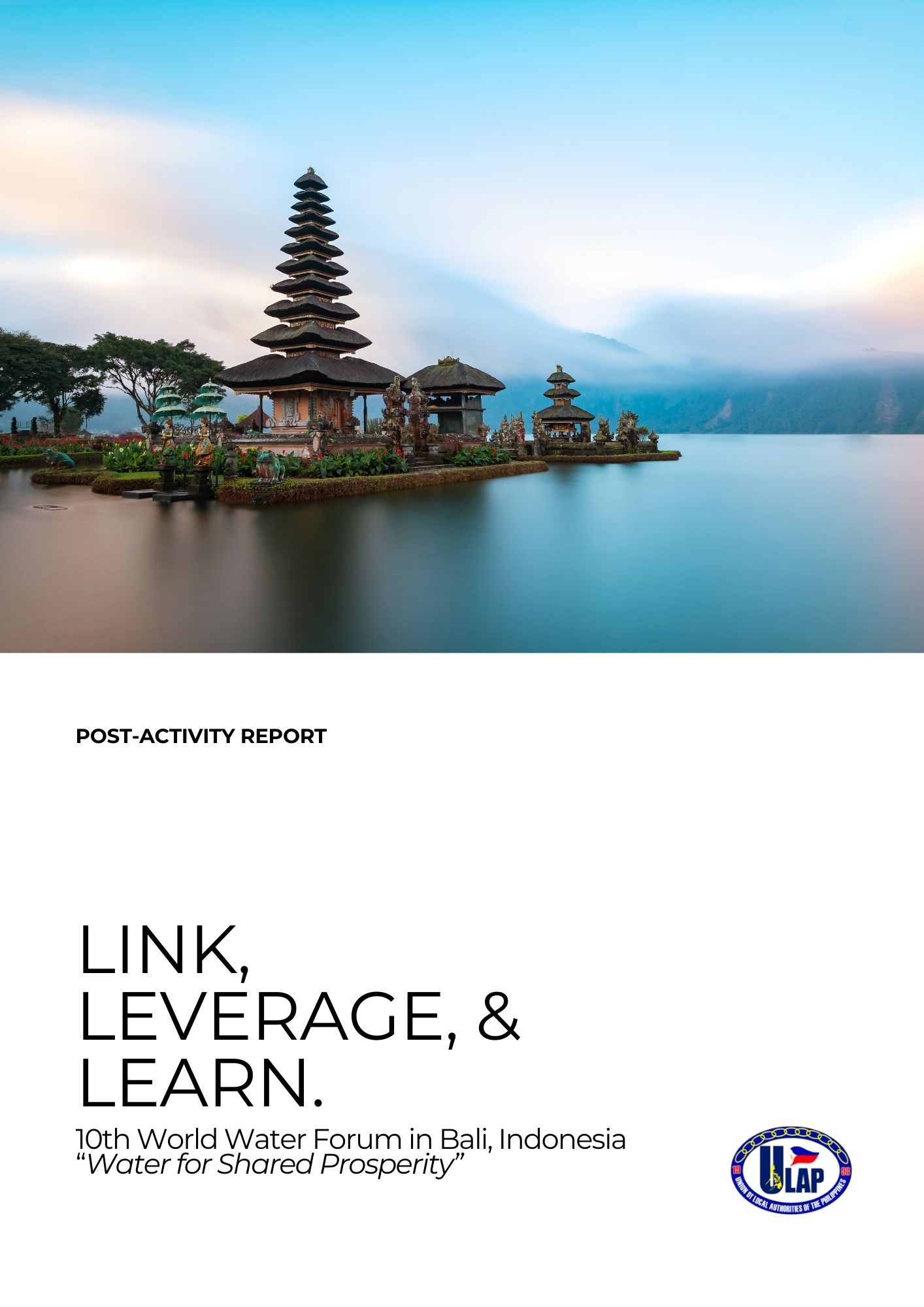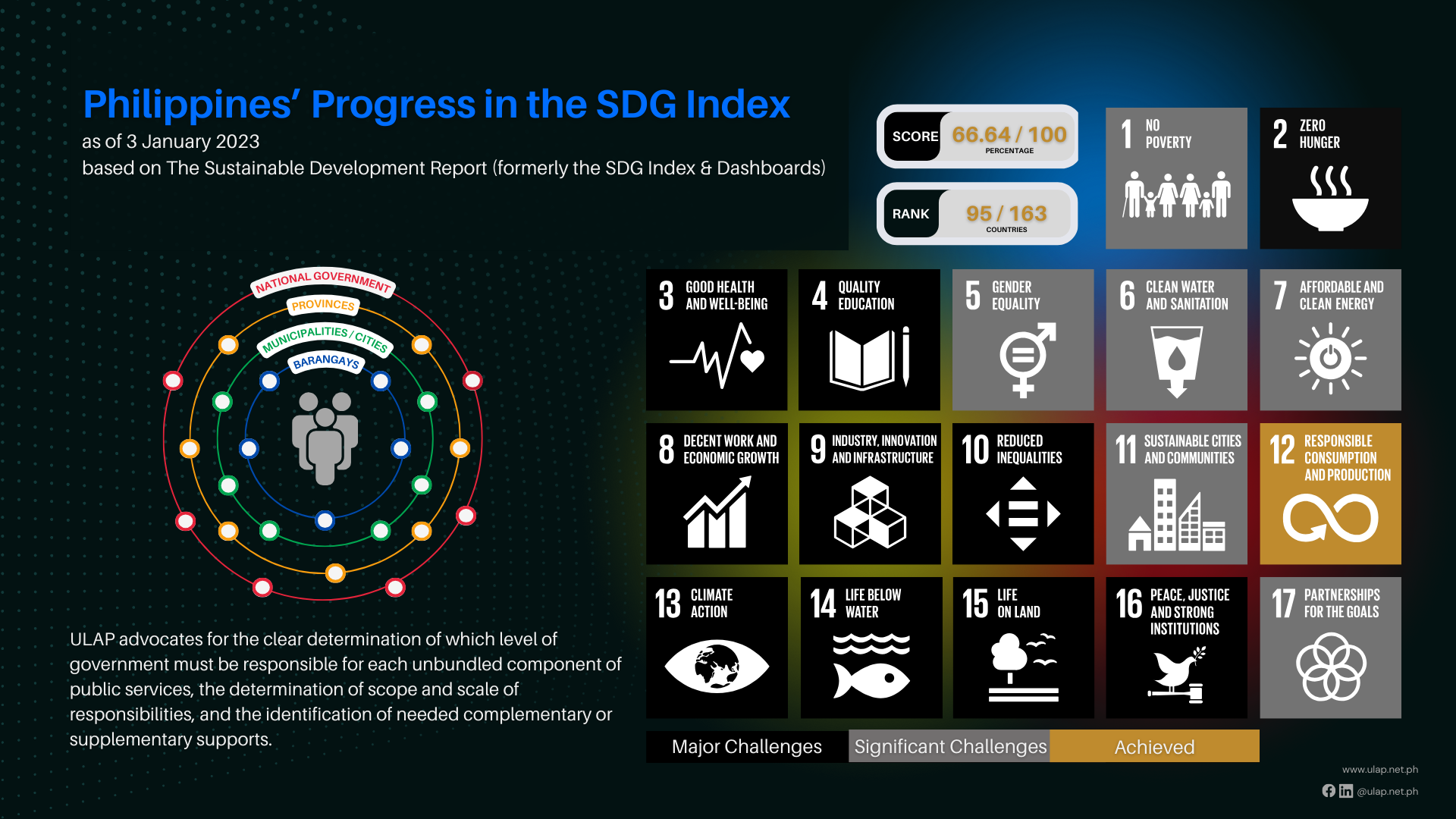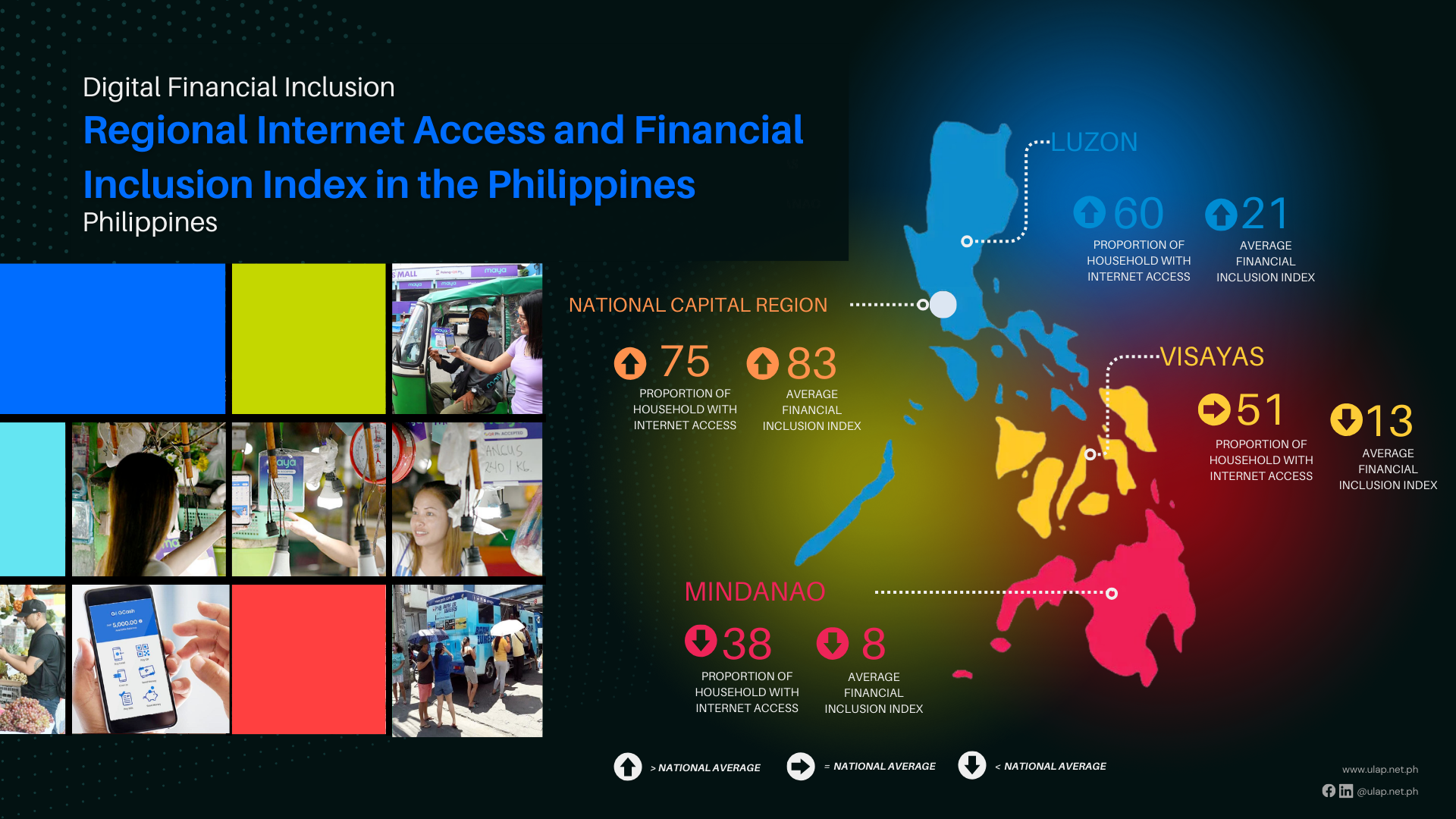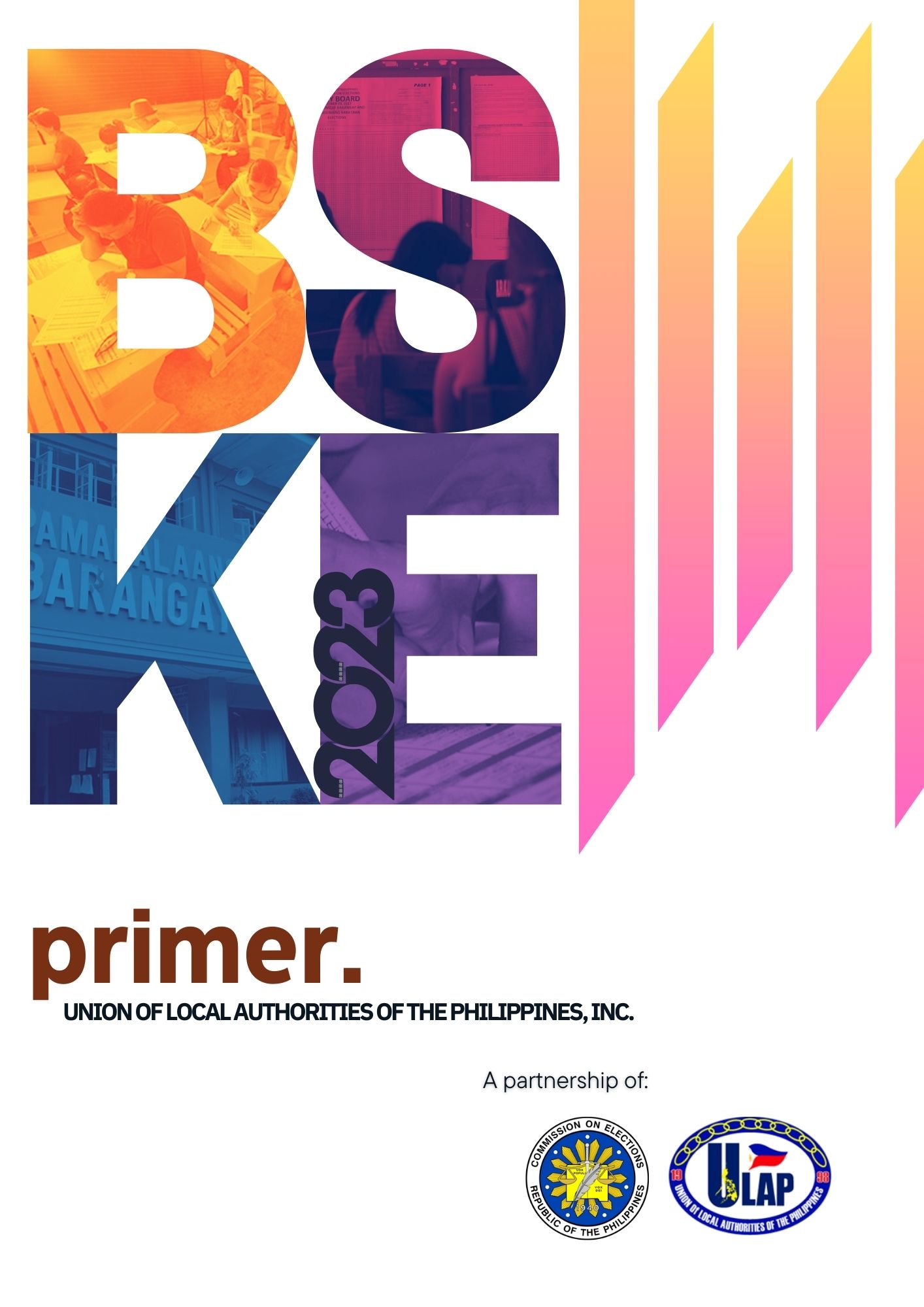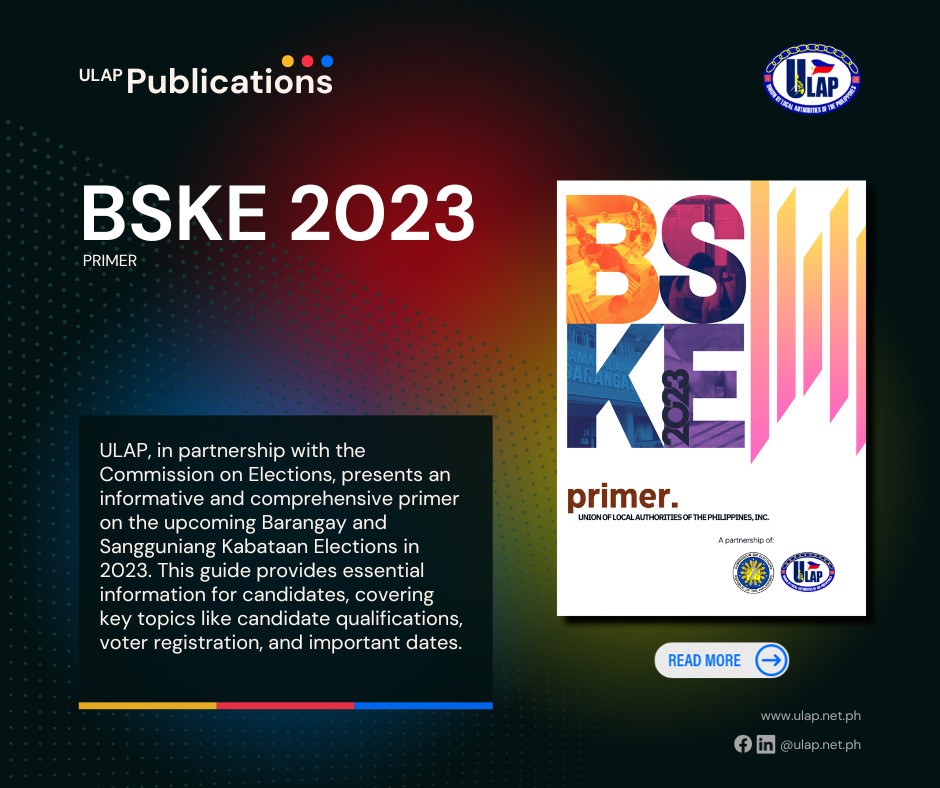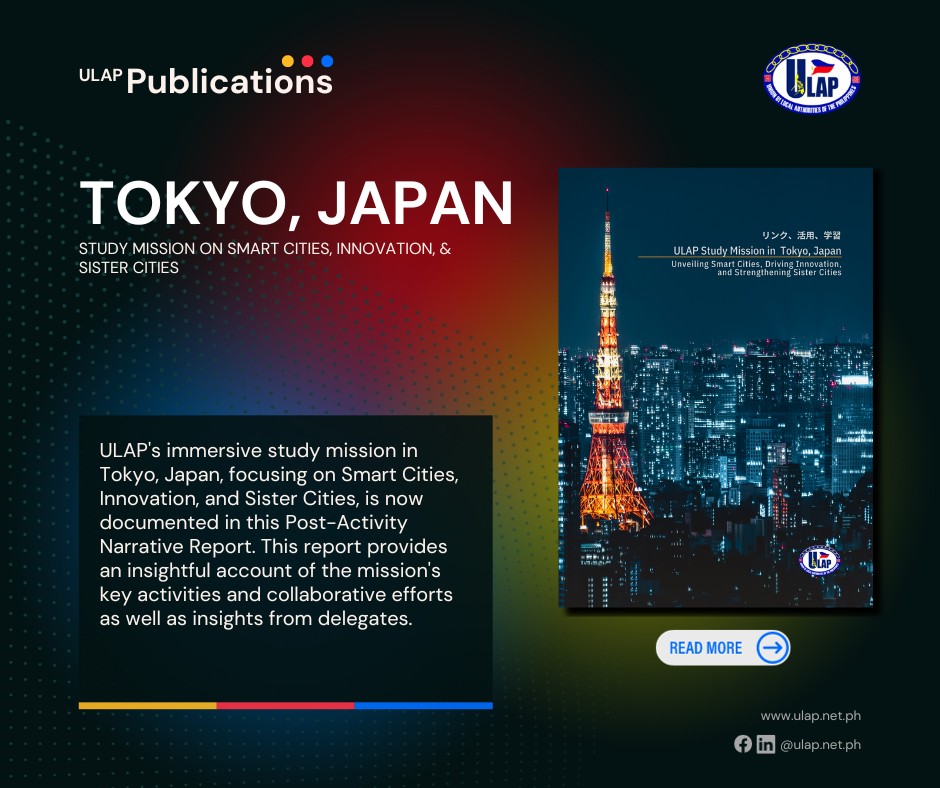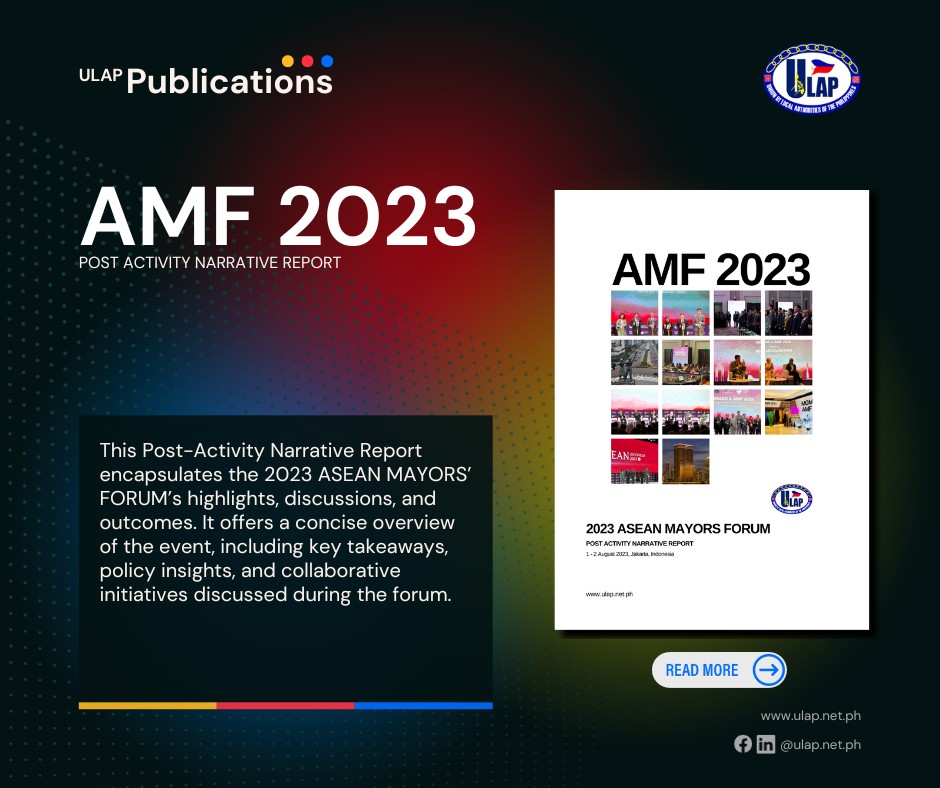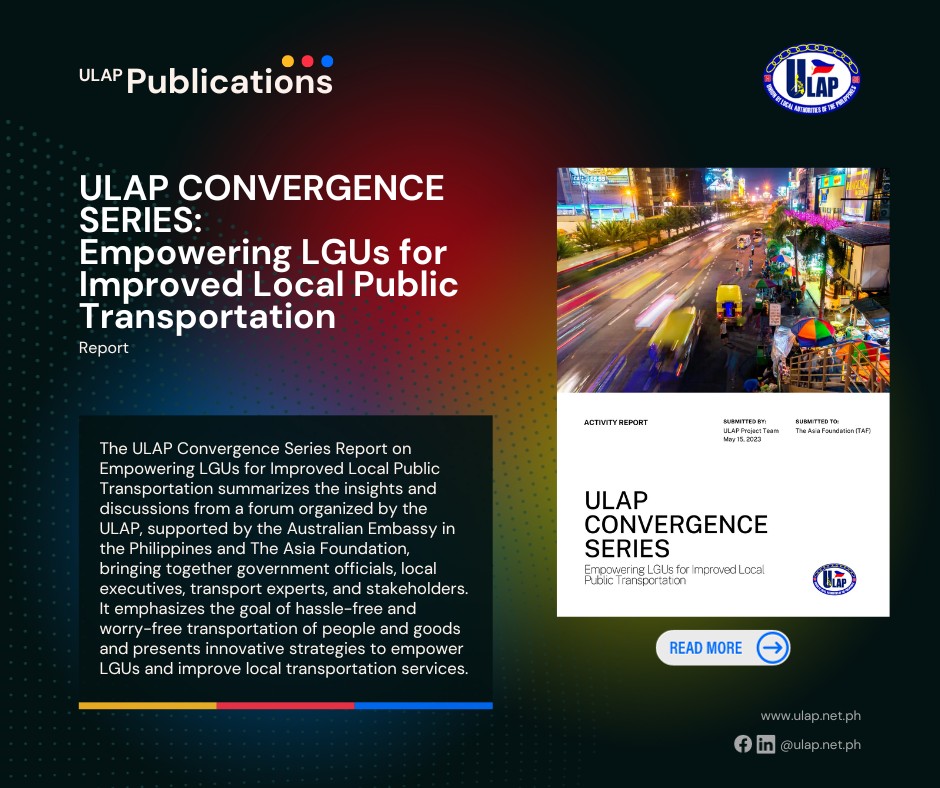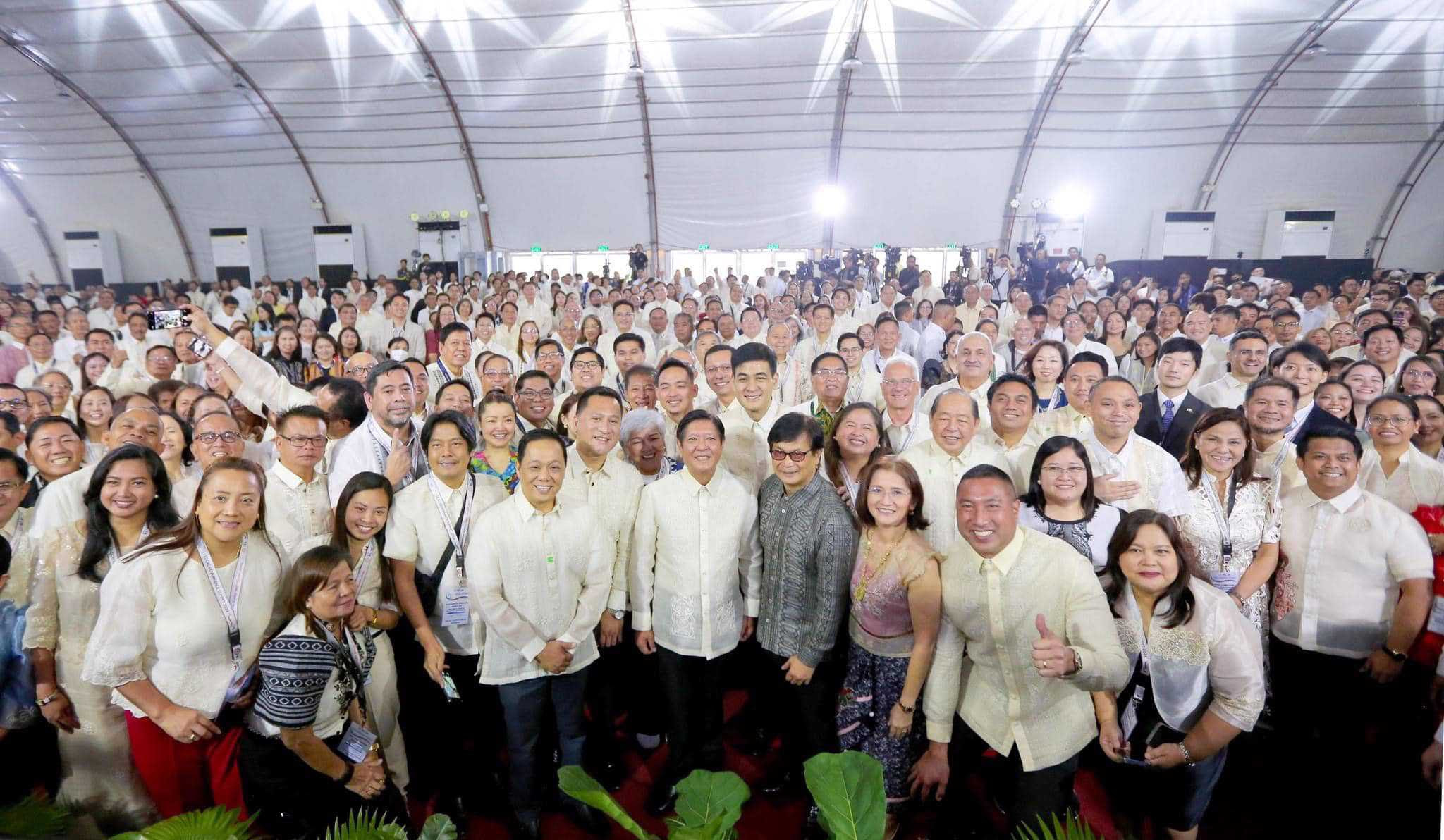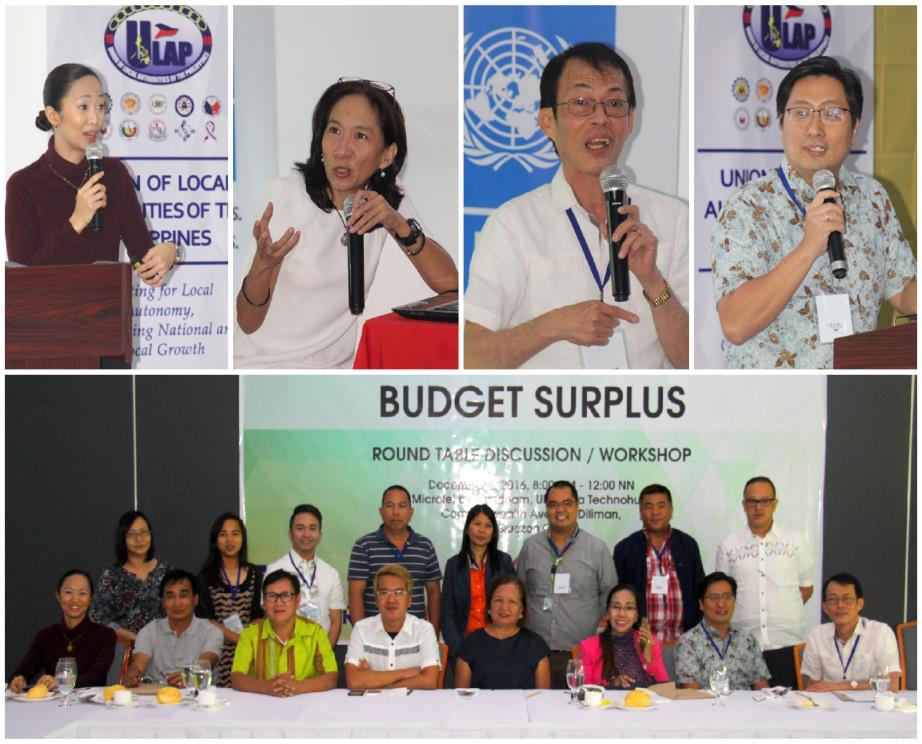
The Union of Local Authorities of the Philippines (ULAP), the umbrella organization of all leagues of local government units (LGUs) and locally elected officials in the country, supported by the Department of the Interior and Local Government (DILG) and the United Nations Philippines RePubliKo campaign, conducted a Round Table Discussion (RTD) entitled “Do local governments have too much money: Unpacking the Puzzle of Local Government Budget Surplus”. This was held on December 8, 2016 at Microtel by Wyndham, UP Technohub, Quezon City and was attended by a total of forty (40) participants from national government agencies, local government units, development partners, and member leagues.
The RTD sought to gather insights from key stakeholders to raise issues and responses on what seems to be “underspending” of local governments. It also facilitated discussions on the Special Education Fund and Bottom-Up Budgeting (BuB) to cater the concerns on local project implementation and budget execution. It is with this backdrop the RTD facilitated its discussion and program flow. Approaching the questions on the interface of national and local governments, resource speakers were invited to present different perspectives on local government’s fiscal spaces. Some of the issues identified during the RTD by the participants were the following: 1. Non-alignment of priorities between national and local governments, 2. Unclear assignment of functions (national vis- à-vis local) on fiscal transfers and support and 3. LGUs’ autonomy on fund utilization.
This RTD has surfaced issues and concerns on how the local government budget surplus is viewed by key stakeholders. The outputs derived herein sharpened the questions and provide clearer context on the matter, taking a significant step to further discourses and studies. Ultimately, The output of this RTD is a white paper that can be used by local governance and public financial management advocates to pursue reforms to address the challenge at hand.
See Documentation: http://ulap.net.ph/resources/knowledge-products-and-reports/304-unpacking-the-puzzle-of-local-government-budget-surplus-do-local-governments-have-too-much-money.html

